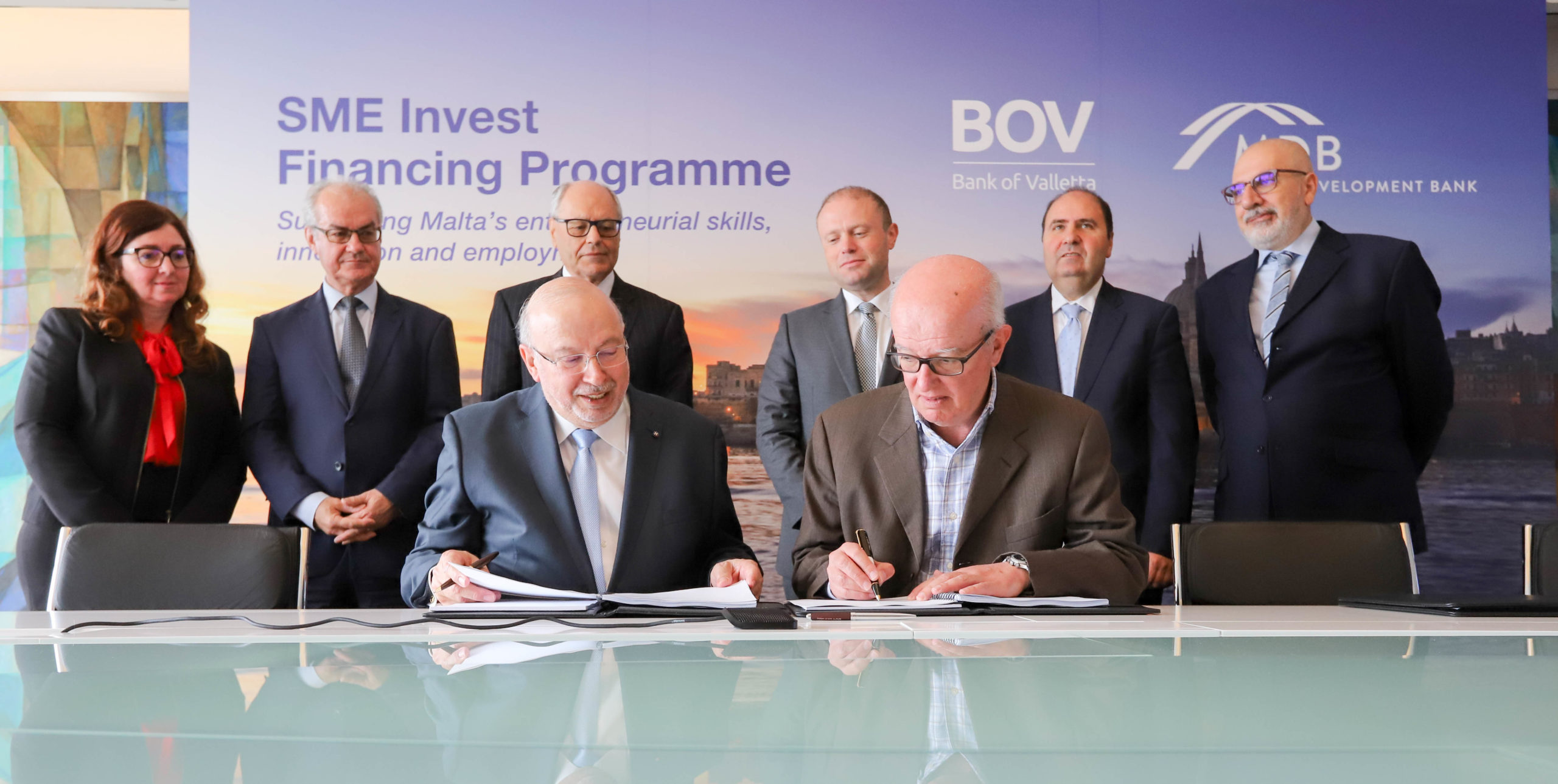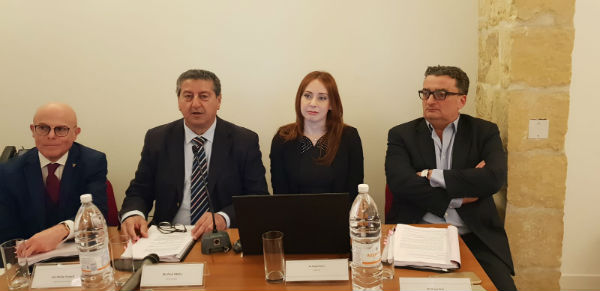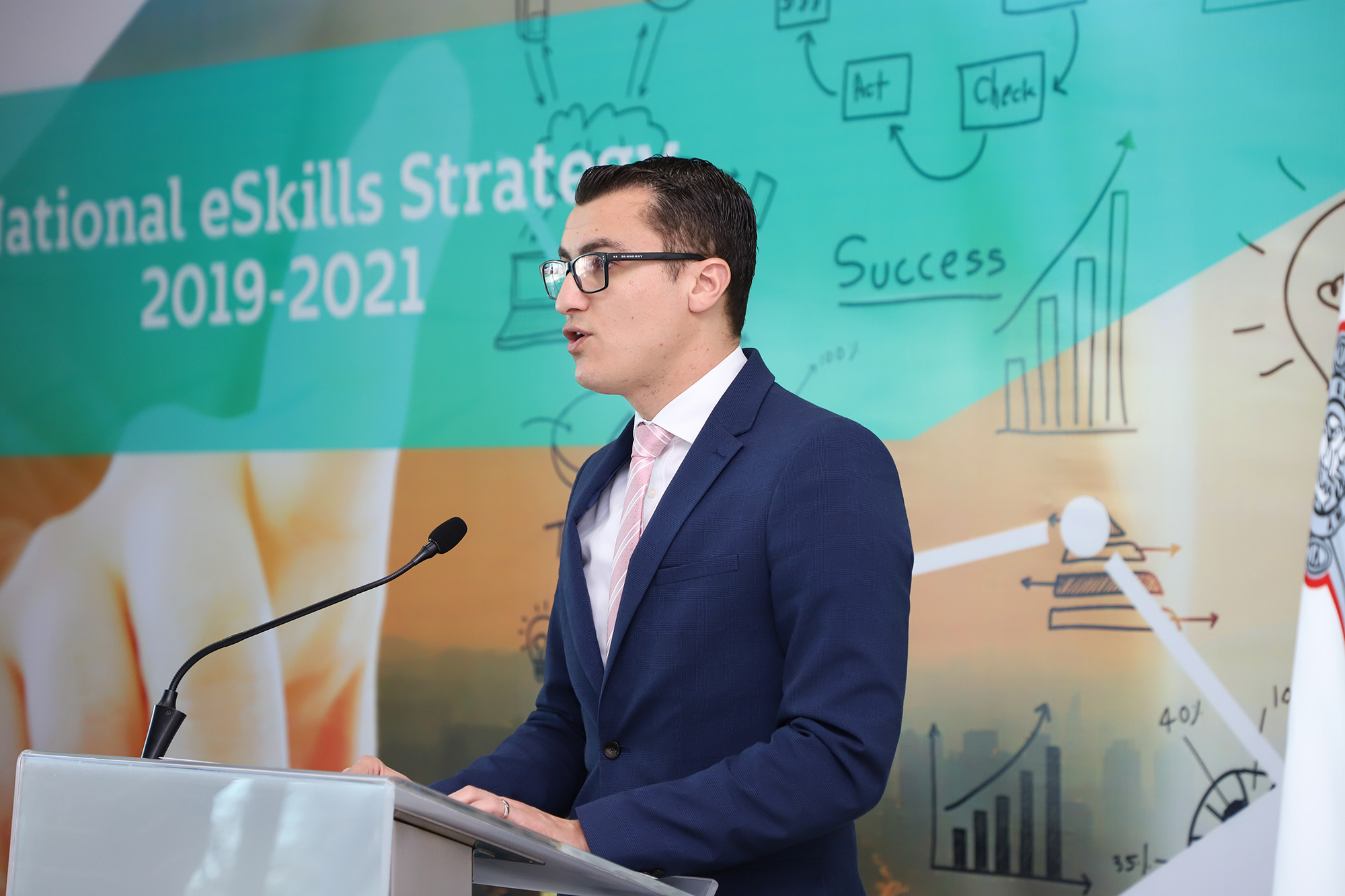Budget 2020: Positive, next steps should be for SMEs – GRTU
GRTU – Malta Chamber of SMEs saw plenty of positives in Budget 2020.
Paul Abela, President of the General Retailers and Traders Union, said that the GRTU had reacted to this budget positively, which in is words, “could not be otherwise.”
Among other proposals, Mr Abela referred to the proposed reduction of stamp duty on the transfer of a family business, and the tax reduction on the first 100 hours of overtime, as well as increasing the cost of living.
The government had also taken up the GRTU’s proposals to ensure adequate connectivity between Malta and Gozo.
The Government future step should be to enact another GRTU proposal – that of capping tax rates for SMEs to a maximum of 20%.

Budget 2020: What’s in it for you
Business
• Overtime will be taxed at 15%, This measure will apply on the first 100 hours of overtime in a year, for those with a basic salary of not more than €20,000, this measure will not apply to management positions
• The reduction of 1.5% stamp duty on the transfer of a family business will continue
Self-employed
• Grant of up to €200,000 for contractors to scrap old machinery and buy new, less polluting models
• Extension of start-up schemes
Workers
• COLA increase of €3.49 per week
• Pensioners will receive an increase of €7 per week, inclusive of COLA
• One day will be added to leave
• A Tax rebate cheque for those earning under €60,000
Property
• New scheme will see people under 40 who cannot cover the 10% deposit to buy a house, eligible for a government interest-free loan up to maximum of €17,000, paid back over 15 years
• First time buyers scheme will apply on property value of €175,000, an increase from €150,000, and the maximum benefit will increase to €6,500 from €5,000
• Schemes for property purchases in Gozo, urban conservation areas, second time buyers and equity sharing will be retained
• Scheme to restore facades of old houses Irrestawra Darek extended for a further year
Environment
• Next year, the bottle return scheme will start
• Single-use plastic will be banned in phases starting from a ban on importation in 2021 and distribution in 2022
• Grant to help shops set up green corners where they can sell products by weight
• Schemes covering PV panels and water pumps will continue
• Those who introduced PV panels some years ago and whose pay back rate is running out will benefit from a €1,000 grant to buy their own battery to store electricity
• Lighting systems in all squares will be changed to renewable self-sufficient systems
• Malta Stock Exchange will open up for green bonds
Education
• VAT will be removed on educational and vocational services, including distance learning
Pensioners
Government will issue 62+ bonds targeting 6,500 pensioners
Gozo
• Gozo tunnel – The pre-qualification questionnaire will be issued in the coming weeks
Others
• Malta Enterprise will invest in open areas in industrial estates to make them greener and adequate meeting areas for employees
• Cash transactions in real estate, car, yacht, precious metals and art, purchases will be limited to €10,000







 GRTU as the national business organisation representing the interest of SMEs has participated in the consultation exercise – ‘Gender Balance in Parliament Reform’ that seeks to make changes to the composition of our Parliament.
GRTU as the national business organisation representing the interest of SMEs has participated in the consultation exercise – ‘Gender Balance in Parliament Reform’ that seeks to make changes to the composition of our Parliament.




 GRTU President Paul Abela said that not only was 2018 another busy year for GRTU but it was also an extraordinary year.
GRTU President Paul Abela said that not only was 2018 another busy year for GRTU but it was also an extraordinary year.

